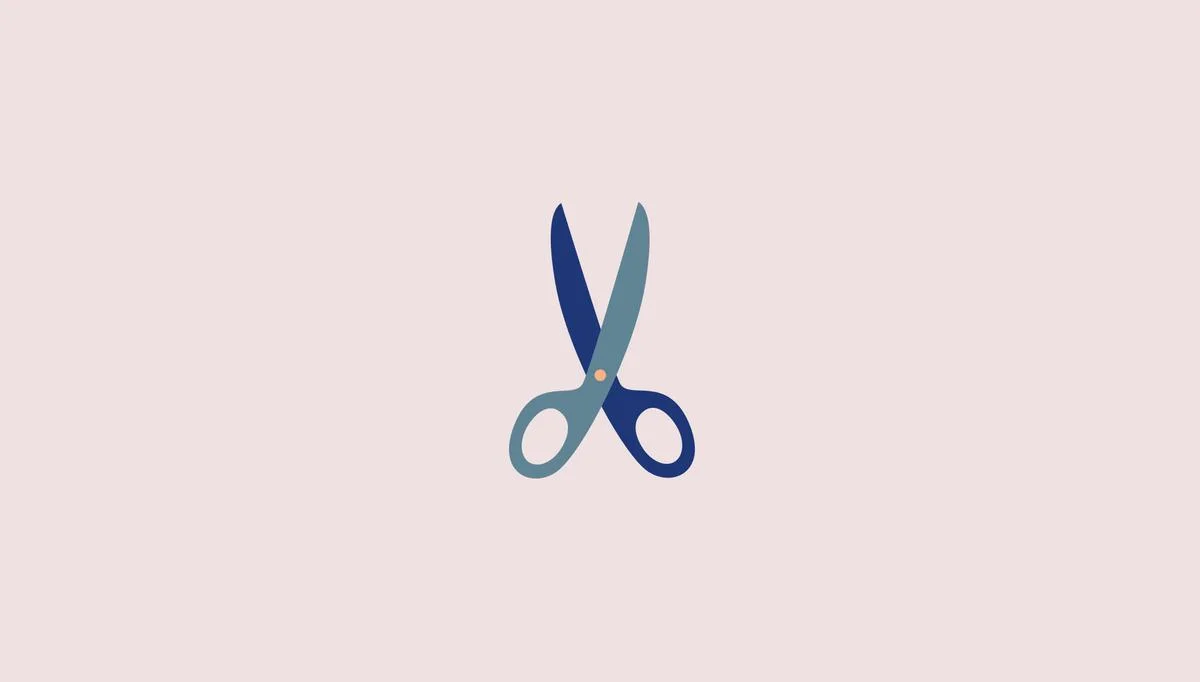Here's what we'll cover
Here's what we'll cover
Here's what we'll cover
Many of us strive to eat a well-balanced, healthy diet. But when healthy eating consumes your life, it could be a sign of a serious illness known as orthorexia.
Orthorexia differs from some of the more well-known eating disorders, like anorexia or bulimia, in that it focuses more on the quality of ingredients rather than how much you eat. Let’s take a closer look at how a focus on healthy eating can develop into something harmful.
What is orthorexia?
Orthorexia nervosa (from the word ortho, which means "correct or right" and the Greek word orexia meaning "appetite") is an eating disorder where you become obsessed with healthy eating.
People with this condition have rigid dietary restrictions and may eradicate entire food groups from their diet, believing they’re unhealthy. Those with orthorexia are also overly focused on food prep and often have strict eating rituals.
Signs and symptoms of orthorexia
People with orthorexia are excessively concerned with food––the quality, how it’s consumed, meal planning, and clean eating. Warning signs of orthorexia and risk factors include (Koven, 2015):
Concern with food quality. A person with orthorexia may spend a lot of time investigating the source of food, packaging, and how it's processed. For example, they may constantly question whether vegetables have been exposed to pesticides or contain added preservatives.
Complex, time-intensive eating patterns. They make rules around food choices and intake. They may avoid combining certain foods or take an unusually long time to finish a meal.
Excessive meal planning. When they’re not eating, you’re spending more time than necessary researching, logging, weighing, and measuring ingredients.
Invasive food-related thoughts. People with orthorexia spend a considerable amount of time thinking about their food choices outside of mealtimes.
Complications of orthorexia
Although a healthier lifestyle is the ultimate goal, those with orthorexia face serious health problems such as (Koven, 2015):
A lack of nutrients: Malnutrition happens as a result of eliminating entire food groups.
Physical health conditions: People with orthorexia may have similar health problems as those diagnosed with anorexia, including red bone mass, anemia, low blood sodium, a buildup of acid in the body, low red and white blood cell count, a lack of testosterone, and slow heart rate.
Mood changes and mental health issues: Orthorexia can cause frustration when food rituals are interrupted. People with the condition may feel guilty for eating the “wrong” foods, have self-loathing, and worry they’re not perfect or in the best health. All of this can result in even stricter eating habits.
Social isolation: Those with orthorexia tend to eat alone or only with others who hold their dietary views, believing it’s the only way to stick with healthy eating.
How is orthorexia diagnosed?
The term orthorexia was coined in 1997 and later developed into a 10-item rating scale for assessing the condition. That said, there are no specific criteria for it so diagnosis falls to individual experts (Balasundaram, 2021).
Orthorexia shares characteristics with the conditions below, which can help determine a diagnosis (Koven, 2015; Robbins, 2019):
Anorexia nervosa: As with the eating disorder anorexia, people with orthorexia strive for perfectionism. They live with anxiety, the need to stay in control, and face a higher risk of weight loss.
Obsessive-compulsive disorder (OCD): OCD is a condition defined by excessive and intrusive thoughts and compulsive behaviors. People with orthorexia also have these unhealthy obsessions regarding food––recurring thoughts, routines for arranging and eating food, and less time for other tasks.
There are key differences between orthorexia, anorexia, and OCD. While people with anorexia are concerned with body image and are afraid of gaining weight, those with orthorexia are focused on health and food purity.
People with anorexia also tend to hide their eating habits, and those living with orthorexia display them.
Experts link both OCD and orthorexia with obsessive impulses, thoughts, and behaviors. The difference is that the behavior of people with OCD typically goes against their personal beliefs, while those with orthorexia believe their eating behaviors are acceptable (Koven, 2015).
How is orthorexia treated?
Those diagnosed with orthorexia can work with a doctor, therapist, and dietitian for treatment.
An example is cognitive behavioral therapy (CBT), which focuses on redirecting thoughts associated with diet, shopping habits, food prep, and healthy food.
A healthcare provider may also prescribe serotonin reuptake inhibitors (SRIs) or antipsychotic medications in severe cases. It’s important to keep in mind that people with orthorexia may be hesitant to take prescription drugs because they consider them to be “unnatural,” presenting another hurdle to work around.
DISCLAIMER
If you have any medical questions or concerns, please talk to your healthcare provider. The articles on Health Guide are underpinned by peer-reviewed research and information drawn from medical societies and governmental agencies. However, they are not a substitute for professional medical advice, diagnosis, or treatment.
References
Balasundaram, P. (2021, June 10). StatPearls [Internet]. Treasure Island (FL): StatPearls Publishing. Retrieved June 28, 2021, from https://www.ncbi.nlm.nih.gov/books/NBK567717/
Koven, N. S., & Abry, A. W. (2015). The clinical basis of orthorexia nervosa: emerging perspectives. Neuropsychiatric Disease and Treatment, 11, 385–394. Retrieved from https://www.ncbi.nlm.nih.gov/pmc/articles/PMC4340368/.
Robbins, T. W., Vaghi, M. M., & Banca, P. (2019). Obsessive-Compulsive Disorder: Puzzles and Prospects. Neuron, 102 (1), 27–47. Retrieved from https://pubmed.ncbi.nlm.nih.gov/30946823/








